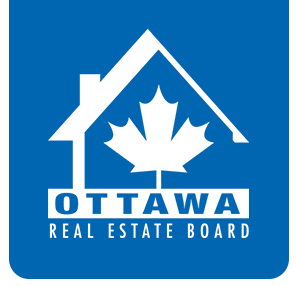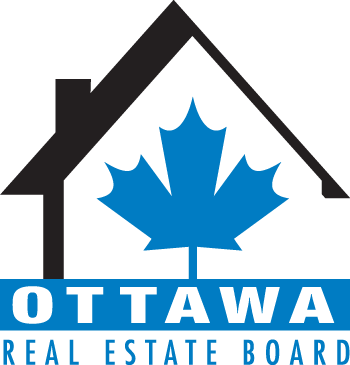Members of the Ottawa Real Estate Board (OREB) sold 1,194 residential properties in March through the Board’s Multiple Listing Service® (MLS®) System, compared with 2,003 in March 2022, a decrease of 40%. March’s sales included 893 in the freehold-property class, down 40% from a year ago, and 301 in the condominium-property category, a decrease of 42% from March 2022. March sales transactions increased 40% over February. The five-year average for total unit sales in March is 1,698.
“The recent rise in transactions is a sign of typical spring activity, even if we’re behind the pandemic peaks of 2022. As spring unfolds, so too will a clearer picture of Ottawa’s balanced market state,” says Ottawa Real Estate Board President Ken Dekker.
By the Numbers – Average Prices*:
- The average sale price for a freehold-class property in March was $710,070, a decrease of 17% from 2022. However, it marks a 0.2% increase over February 2023. Average freehold prices have climbed approximately 8% during Q1 2023 over December 2022’s market low.
- The average sale price for a condominium-class property was $418,670, decreasing 13% from a year ago, but still a 2% gain over February 2023.
- With year-to-date average sale prices at $701,837 for freeholds and $414,698 for condos, these values represent a 16% decrease over 2022 for freehold-class properties and an 11% decrease for condominium-class properties.
“As evidenced by the recent climb in freehold prices, Ottawa’s resale market is stabilizing along with the interest rate. Condos remain steady due to their lower price point, there’s more affordability based on the current interest rate structure. Prices are certainly headed in the right direction—if you are looking forward.”
By the Numbers – Inventory & New Listings:
- Months of Inventory for the freehold-class properties has increased to 2.3 months from 0.6 months in March 2022.
- Months of Inventory for condominium-class properties has increased to 2.8 months from 0.6 months in March 2022.
- March’s new listings (2,089) were 21% lower than March 2022 (2,632) and up 53% from February 2023 (1,366). The 5-year average for new listings in March is 2,474.
- Days on market (DOM) for freeholds decreased from 37 to 34 days and 43 to 39 days for condos compared to last month.
“Well-priced and well-prepared homes are selling. REALTORS® have up-to-the-minute statistics to ensure sellers are positioning themselves at the current market value based on recent sales and hyper-local market comparisons. Buyers can benefit from the same data along with their negotiation expertise to guarantee they are receiving the best value for their dollar.”
REALTORS® also help with finding rentals and vetting potential tenants. Since the beginning of the year, OREB Members have assisted clients with renting 1,599 properties compared to 1,291 last year at this time, an increase of 24%.
* OREB cautions that the average sale price can be useful in establishing trends over time but should not be used as an indicator that specific properties have increased or decreased in value. The calculation of the average sale price is based on the total dollar volume of all properties sold. Price will vary from neighbourhood to neighbourhood.




